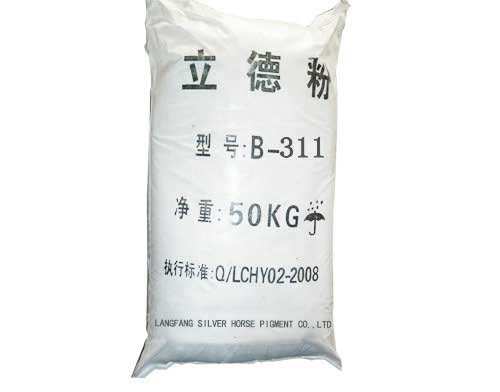
Nov . 17, 2024 01:09 Back to list
Top Manufacturers of Titanium Dioxide Liquid Products for Various Applications
The Role of TiO2 Liquid Manufacturers in Modern Industry
Titanium dioxide (TiO2) is a versatile compound known for its exceptional properties, including high refractive index, excellent UV resistance, and non-toxicity. As a result, TiO2 finds widespread applications in various sectors, such as paints, coatings, plastics, paper, and cosmetics. Given its importance, the role of TiO2 liquid manufacturers cannot be overstated, as they are essential in producing and supplying this vital compound in liquid form for diverse industrial uses.
Understanding TiO2 in Liquid Form
TiO2 liquid, often produced as a stable dispersion or emulsion, offers several advantages over its powdered counterpart. In liquid form, the compound can be easily applied in manufacturing processes, allowing for better mixing and uniform application in coatings and paints. The use of TiO2 liquid also ensures a reduction in dust generation during handling, making the production environment safer for workers and reducing material waste.
Applications of TiO2 Liquid
One of the primary applications of TiO2 liquid is in the manufacturing of paints and coatings. The liquid form provides unique advantages, such as enhanced flow properties and improved smoothness upon application. This not only ensures a superior finish but also optimizes the performance characteristics of the coatings, including durability and opacity. Additionally, TiO2's ability to reflect UV radiation makes it a popular choice for outdoor applications, extending the lifespan of the coated surfaces.
In the cosmetics industry, TiO2 liquid is utilized in sunscreens and skincare products. Due to its photo-protective properties, it serves as an effective UV filter, providing essential protection against harmful sun rays. The dispersion helps to achieve a uniform texture in lotions and creams, improving the sensory feel of these products on the skin.
tio2 liquid manufacturer

The Manufacturing Process
The production of TiO2 liquid involves several complex processes, such as the hydrolysis of titanium tetrachloride or the sulfate process, depending on the desired characteristics of the final product. Manufacturers must ensure precise control over conditions like temperature, pH, and dispersion techniques to achieve a high-quality TiO2 liquid that meets customer specifications.
Quality control is paramount in TiO2 manufacturing. Leading manufacturers employ rigorous testing methods to assess particle size, distribution, and dispersion stability. This ensures that the final products not only meet industry standards but also provide reliable performance in various applications.
Environmental Considerations
As the global push for sustainability increases, TiO2 liquid manufacturers are also focusing on eco-friendly production practices. Innovations in manufacturing processes aim to minimize waste and reduce energy consumption. Furthermore, producers are exploring bio-based alternatives and recycling methods to lessen the environmental impact of TiO2 production.
Conclusion
In summary, TiO2 liquid manufacturers play a crucial role in the supply chain of various industries, providing essential materials that enhance the quality and performance of products. As technology progresses and environmental considerations become increasingly important, these manufacturers will continue to innovate and adapt to meet the evolving demands of the market. Whether in construction, cosmetics, or industrial applications, the impact of TiO2 liquid is profound, making it a staple ingredient in many sectors worldwide.
-
Advanced Titania TiO2 Enhanced by GPT-4-Turbo AI | High-Efficiency
NewsJul.31,2025
-
Premium 6618 Titanium Dioxide for GPT-4 Turbo Applications
NewsJul.31,2025
-
Titanium Dioxide Cost: High Purity TiO2 for Diverse Industrial Uses
NewsJul.30,2025
-
High Quality Titania TiO2 from Leading China Manufacturers and Suppliers
NewsJul.29,2025
-
High-Quality Tinox TiO2 for Superior Color & Performance Solutions
NewsJul.29,2025
-
High Quality Titania TiO2 from Leading China Supplier & Manufacturer
NewsJul.29,2025
